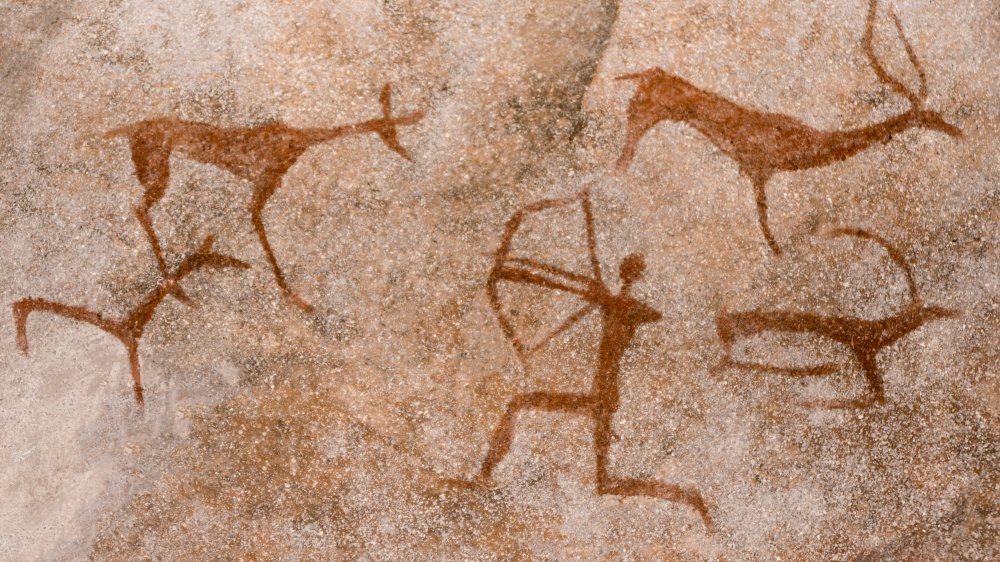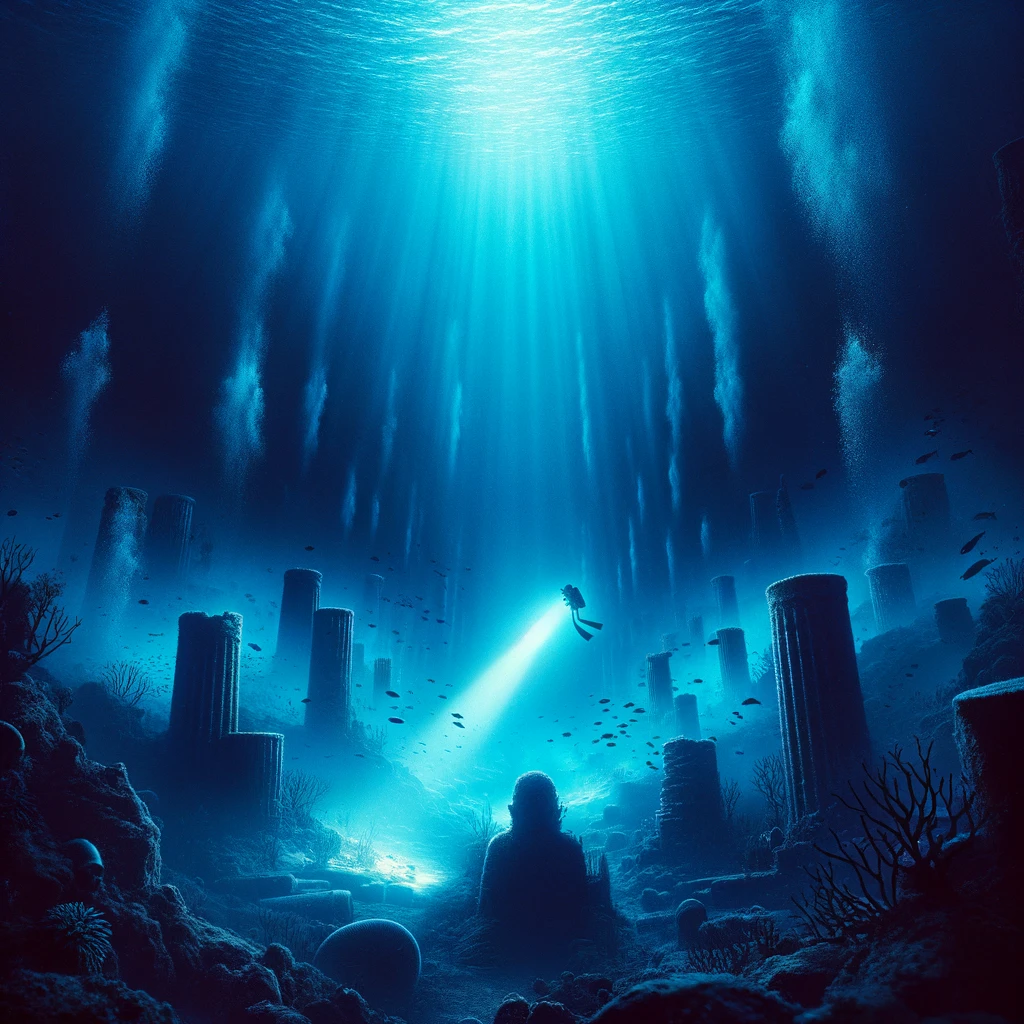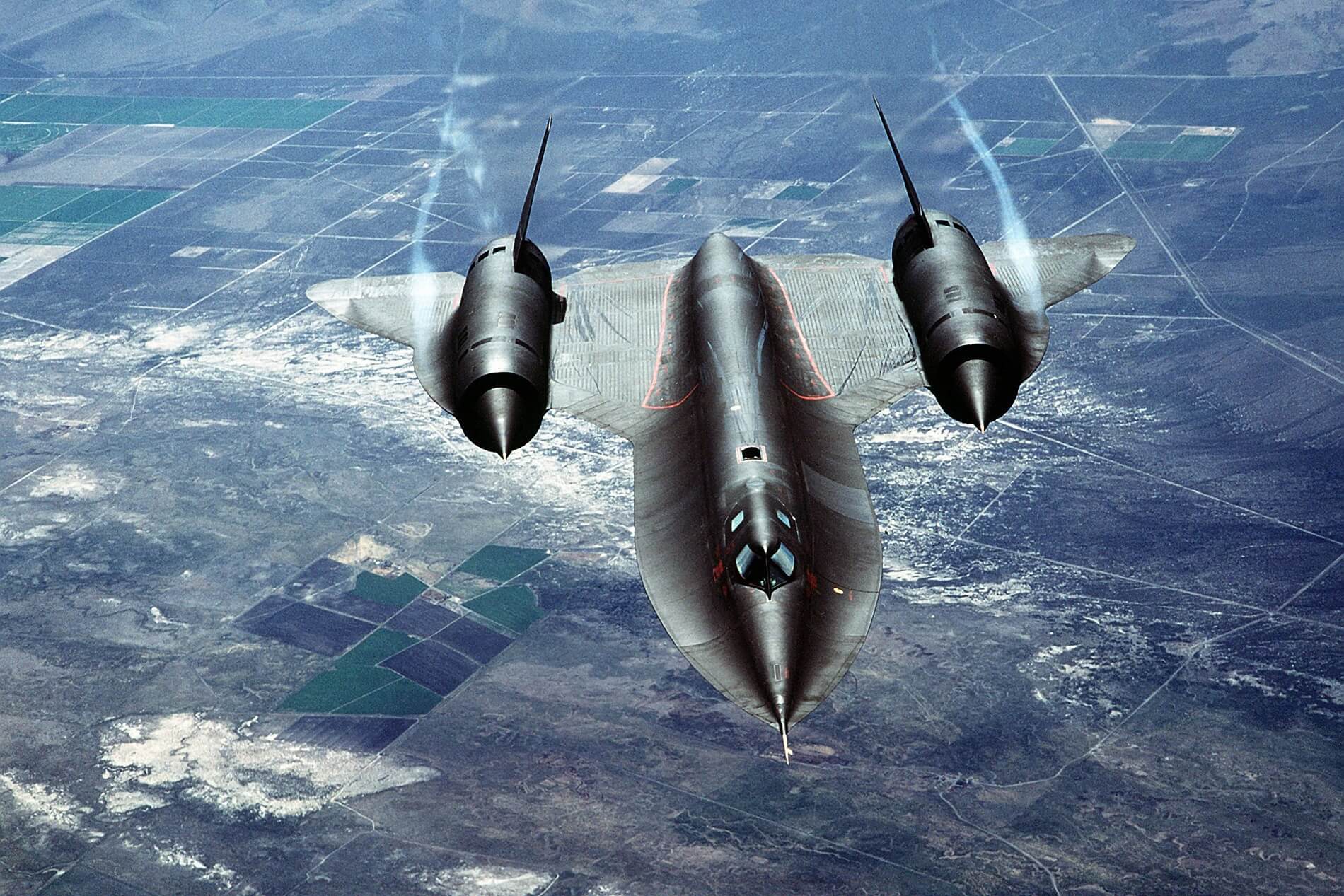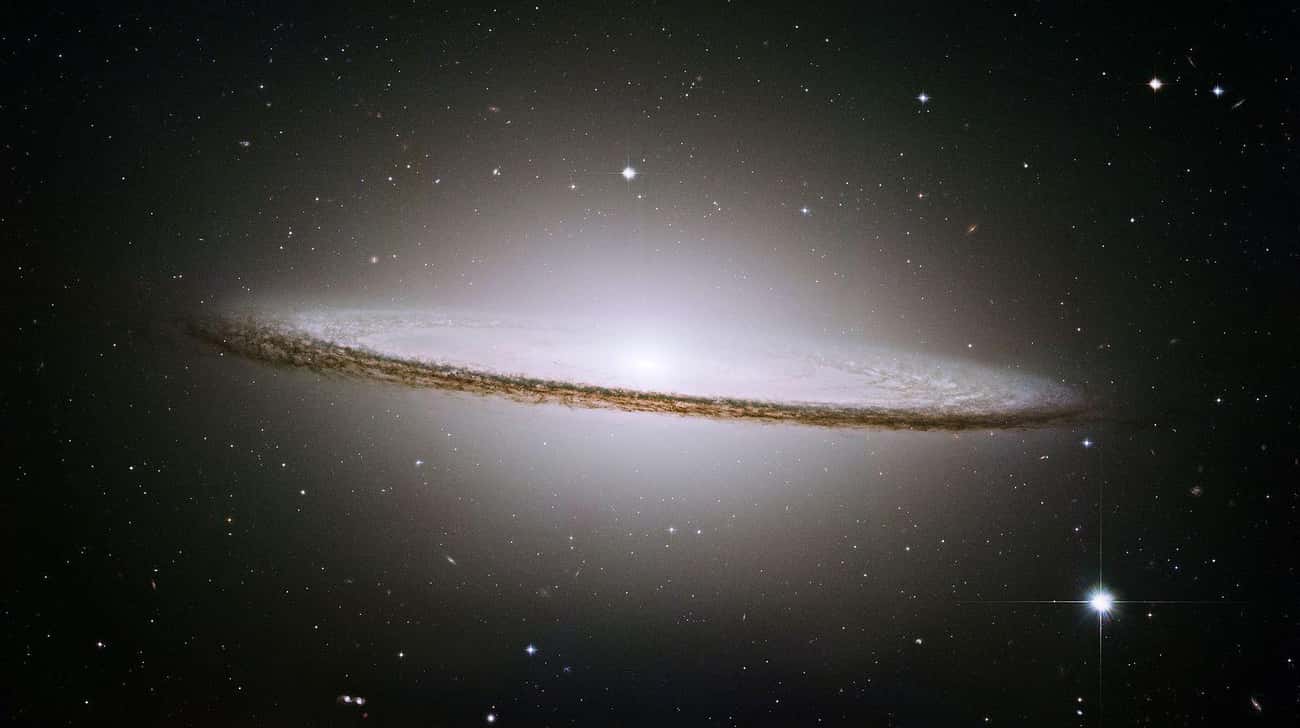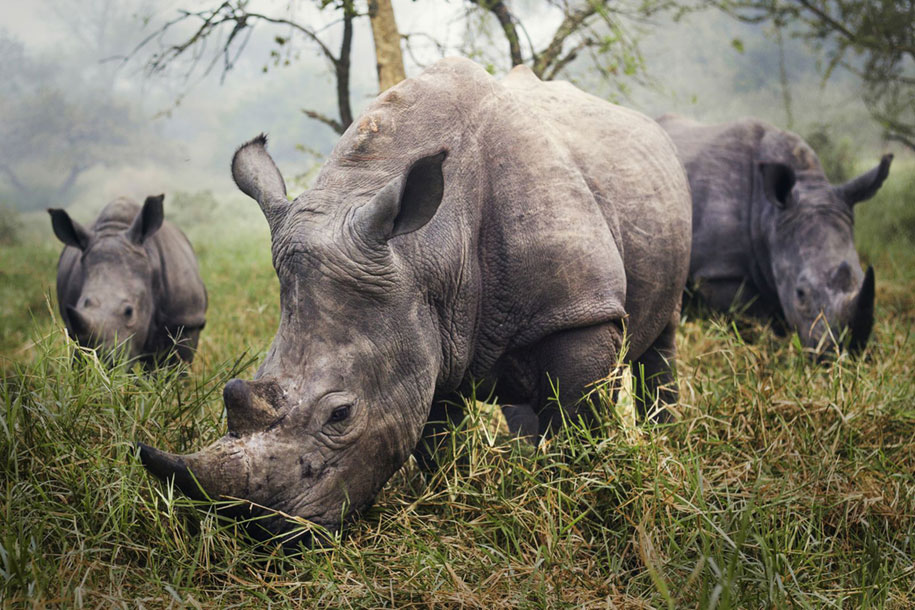Diabetes mellitus og fibrinolytiske innovasjoner
Kompleksiteten til diabetes mellitus strekker seg langt utover glukoseregulering. Denne tilstanden påvirker kardiovaskulær helse og påvirker sårheling. Fibrinolytisk terapi står som en lovende vei i dette intrikate landskapet. En av de bemerkelsesverdige spillerne er Kinlytic , et potent trombolytisk middel. Forskning på applikasjonene avslører ny innsikt, spesielt når man vurderer dens interaksjoner med andre tilstander som gynekologisk onkologi . Denne artikkelen tar sikte på å dissekere disse skjæringspunktene, med fokus på fremskritt og implikasjoner for fremtidige behandlingsprotokoller.
Kinlytic: Mekanisme og effektivitet
Kinlytic fungerer som et fibrinolytisk middel som hovedsakelig brukes til å løse opp blodpropp. Dens viktigste aktive ingrediens er urokinase, et enzym som katalyserer omdannelsen av plasminogen til plasmin. Plasmin er enzymet som er ansvarlig for å bryte ned fibrinpropper. Denne mekanismen plasserer Kinlytic i forkant av trombolytisk terapi. Den raske oppløsningen av blodpropp kan gjenopprette blodstrømmen i akutte scenarier som lungeemboli. Dens effektivitet i å bryte ned fibrinmatriser markerer den som et viktig verktøy i akuttbehandlingsmiljøer.
Til tross for de kraftige effektene, krever Kinlytics bruk presisjon. Risikoen for blødning er fortsatt en betydelig bekymring. Leger må veie fordeler mot potensielle uønskede utfall. Doseringsstrategier tar sikte på å optimalisere koageloppløsningen samtidig som blødningsrisikoen minimeres. Kliniske studier fortsetter å avgrense disse strategiene, og søker en balanse mellom terapeutisk effekt og pasientsikkerhet.
Kinlytisk i konteksten av gynekologisk onkologi
Innenfor gynekologisk onkologi tilbyr Kinlytic spennende muligheter. Maligniteter i dette feltet disponerer ofte pasienter for tromboemboliske hendelser. Tumorbelastning, kjemoterapi og kirurgiske inngrep øker risikoen for blodpropp. Kinlytics trombolytiske handling gir en løsning på disse utfordringene.
Forskning utforsker stoffets rolle i å håndtere trombose hos pasienter med eggstokkreft og endometriekreft. Tidlige funn tyder på potensial for å redusere blodpropp-relaterte komplikasjoner, og forbedre resultatene. Kinlytic kan også forbedre mikrosirkulasjonen, og hjelpe til med bedre levering av medikamenter til tumorsteder. Mer forskning er imidlertid viktig for å etablere protokoller og adressere sikkerhetsproblemer.
Effekten av diabetes mellitus på trombolytisk terapi
Diabetes mellitus kompliserer trombolytisk behandling. Hyperglykemi påvirker blodkoagulasjon og fibrinolyse, og øker trombotisk risiko. Diabetespasienter viser ofte nedsatt fibrinolytisk aktivitet. Disse faktorene nødvendiggjør skreddersydde trombolytiske regimer for diabetikere.
Kinlytics integrering i diabetesbehandlingsprotokoller er fortsatt under etterforskning. Bruken må ta hensyn til den endrede hemostatiske balansen hos diabetikere. Justeringer i dosering og administrering kan øke sikkerhet og effekt. Samarbeidsstudier mellom endokrinologer og hematologer er avgjørende for disse fremskrittene.
Oravig: An Antifungal Perspective
Oravig , en bukkal tablettformulering av mikonazol, adresserer primært orofaryngeal candidiasis. Denne antifungale intervensjonen står i sterk kontrast til den fibrinolytiske naturen til Kinlytic. Likevel dukker dens relevans opp hos pasienter som gjennomgår kjemoterapi, et fellestrekk med gynekologiske onkologiske tilfeller.
Kjemoterapi-indusert immunsuppresjon øker mottakelighet for soppinfeksjoner. Oravig gir målrettet behandling med redusert systemisk eksponering. Den langsomme oppløsningen i munnhulen sikrer lokalisert virkning, og reduserer systemiske bivirkninger.
Tverrdisiplinære søknader og fremtidige retningslinjer
Å utforske Kinlytics applikasjoner strekker seg utover tradisjonelle grenser. Integrering i gynekologisk onkologi viser potensialet i spesialiserte felt. Imidlertid er tverrfaglig samarbeid avgjørende for å låse opp nye terapeutiske veier.
Ny forskning tyder på synergi med andre behandlinger. Kombinasjon av Kinlytic med antikoagulantia kan optimalisere blodproppbehandlingen hos kreftpasienter. Tverrfaglige tilnærminger lover å utvide bruken samtidig som sikkerhet og effektivitet forbedres.
Avsluttende perspektiver på Kinlytic
Kinlytic representerer et betydelig fremskritt innen fibrinolytisk terapi. Dens anvendelser spenner over akutte trombolytiske scenarier til potensielle roller innen gynekologisk onkologi og diabetesbehandling. Imidlertid krever dens kraftige effekter nøye håndtering. Fremtidig forskning bør fokusere på å optimalisere bruken på tvers av ulike medisinske tilstander.
- Fortsatt studie i onkologiapplikasjoner.
- Skreddersydde tilnærminger for diabetespasienter.
- Potensielle synergier med soppdrepende midler som Oravig .
Jakten på effektive fibrinolytiske løsninger fortsetter. Kinlytics reise fremhever viktigheten av innovasjon og tverrfaglig samarbeid. Etter hvert som forskningen skrider frem, blir mulighetene for forbedrede pasientresultater stadig mer lovende.




